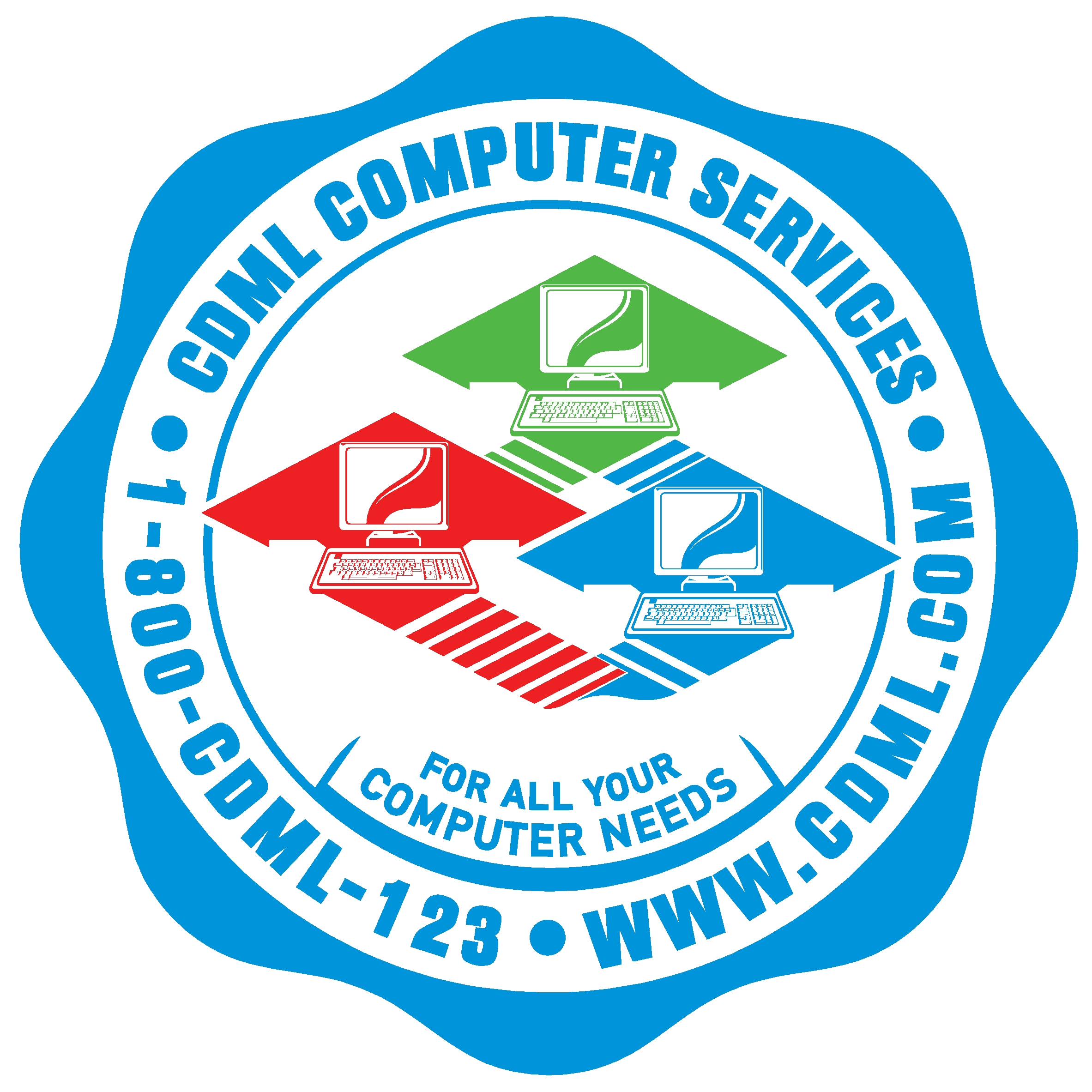Lessons From a Long Haul: Ransomware Attack on a Richmond University Medical Center in NY

In 2023, a well-known New York hospital fell victim to a significant ransomware attack, ultimately affecting the personal data of some 670,000 individuals. However, the fallout didn’t end with the initial breach. It took the hospital’s security team more than a year to conclude a thorough investigation into the incident—an extensive process that underscores just how disruptive and draining a ransomware attack can be. For organizations large and small, this case serves as a vivid reminder that the repercussions of a cyberattack extend far beyond the immediate recovery of encrypted files.
The Burdens of a Breach
When healthcare institutions—or indeed, any organization—are struck by ransomware, the initial losses are only the tip of the iceberg. Financially, the victim may confront ransom demands, but that’s just the start. Over the following months (and in this case, more than a year), the impacted entity often incurs enormous expenses in digital forensics, legal fees, public relations efforts, and mandatory regulatory reporting. Additionally, repairing or replacing compromised systems can be expensive and time-consuming, leaving day-to-day operations in disarray.
On top of those expenses, the year-plus investigation sapped attention and resources that would otherwise have gone toward patient care and growth initiatives. Employees may have had to grapple with new security protocols, while internal and external stakeholders wrestled with uncertainty around the status of sensitive data. Beyond the numbers, the intangible cost to an organization’s reputation can be immense. Patients and clients need to feel confident that the institution safeguarding their personal information can do so effectively and transparently.
The Dangers of a Prolonged Cyberattack
Ransomware attacks are particularly perilous because they target mission-critical data—locking or encrypting it until a ransom is paid. Worse still, many modern attackers don’t just stop at data encryption; they steal information to sell or leak online for added leverage. This makes the process of determining the true scope of an attack far more complicated and time-consuming.
In healthcare, where private health information is legally protected and morally sacrosanct, a cyber incident can quickly escalate into a worst-case scenario. Patient care can be disrupted or delayed, life-saving systems can go offline, and regulatory fines for non-compliance may loom large. Plus, the longer it takes to grasp the extent of the breach, the more harm is done to both internal morale and public trust.
How CDML Can Help
Headquartered in New York City, CDML is deeply committed to ensuring that incidents like the one at the New York hospital become teachable moments instead of recurring nightmares. We provide a comprehensive suite of services designed to help businesses in every sector—which is crucial given the relentless pace of cyber threats:
- Proactive Monitoring and Threat Intelligence
We keep an ever-watchful eye on your systems, leveraging real-time analytics and advanced intelligence to detect and block suspicious activity well before it becomes a crisis. - Robust Backup and Recovery Solutions
By maintaining secure backups of your critical data both onsite and offsite, we ensure you never have to pay a ransom to retrieve vital information. This is a cornerstone of our ransomware defense strategy. - Comprehensive Security Assessments
Our expert team evaluates your network, software, and internal practices to identify vulnerabilities, providing clear recommendations for how best to shore up weak spots. - Employee Training and Awareness
Human error remains one of the most common gateways for hackers. We offer ongoing training programs that help your staff spot and avoid phishing scams, malicious links, and social engineering attempts. - Incident Response Planning and Management
Even the strongest defenses can be tested. That’s why we collaborate with clients to build, refine, and manage a robust incident response plan. Having a structured, well-rehearsed plan means faster containment, minimized damage, and smoother recovery if an attack occurs.
From the year-long investigation to the disruptive costs and reputational fallout, the Richmond University Medical Center attack reveals just how deep the effects of a ransomware strike can go. By partnering with CDML, your organization gains the security expertise and preventive measures necessary to reduce both your short- and long-term risks, allowing you to focus on what you do best—serving your customers, patients, or clients with peace of mind.

